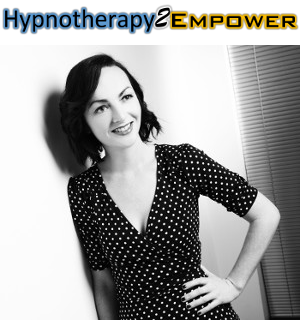Psychotherapy Treatment Methods
While some psychotherapists choose to operate within a specific theoretical framework, many therapists combine methods and theoretical approaches. Each individual who seeks therapy has needs and life circumstances that are unique. Competent psychotherapists understand this and use their clinical training to help individuals find new solutions to problems.
We understand, however, that this can sometimes be confusing. The following brief discussion of treatment methods can help you begin to sort through some of the professional "jargon" that accompanies psychotherapy. You also are encouraged to discuss directly with your psychotherapist any questions you have concerning treatment approaches, specialty areas and/or certifications.
Individual Therapy
Individual therapy is perhaps the most common therapeutic approach and is often used in conjunction with other approaches; e.g., couples therapy or group therapy. Individuals come to therapy for a wide range of reasons: some people seek resolution for particular life problems; some people simply want the supportive environment of an unbiased third party; some people want to heal from past experiences that were traumatic; some people want help in pursuing meaningful life aspirations.Within the framework of individual therapy, your psychotherapist can use techniques from one or a variety of theoretical orientations. Particular therapeutic approaches will vary depending on whether you are a child, adolescent or adult client.
Couples Therapy
Couples therapy is used when partners encounter a need to address an incident or problem that has created stress in their relationship. Couples may enter therapy seeking to resolve problem dynamics and/or to address the decision of whether to remain together as a couple or to separate; sometimes couples find therapy can be a helpful adjunct when they already have decided to separate. Couples may want to enhance or "fine tune" particular aspects of their relationship: couples therapy can facilitate the process of renewing a commitment or "reinvigorating" a relationship. People who are in newly-forming relationships also may seek couples therapy to help them define their relationship, clarify their level of commitment or address preventive concerns. Within this framework, both members of a couple attend joint therapy sessions. The focus usually addresses expectations, relationship patterns, communication dynamics, and issues related to problem-solving. Sometimes a couple's psychotherapist sees the partners individually, especially when it is important to address childhood issues.
Family Therapy
Family therapy is appropriate when there is a need to address problems or issues that affect all the members of the family or when there are concerns with the dynamics of how family members interact with one another. While family therapists employ a variety of treatment approaches, family therapy is consistent in emphasizing the entire family as a unit. Although family therapy can provide an effective treatment approach for individuals as well as the entire family, this approach to therapy focuses more on inter-relational issues than on an individual's internal concerns.
Group Therapy
There are many ways group therapy can be helpful for individuals, couples and families. Group therapy offers a setting in which members learn and practice new ways of thinking, feeling and relating to others. In general, therapy groups explore difficulties in interpersonal situations which help clients focus on significant relationships and receive feedback from other group members about their interactional patterns.
Groups can be organized around specific problems such as sexual abuse or eating disorders. They also can be organized according to the type of client, such as adolescents, men, women, couples or parents. All groups try to lessen members' sense of isolation and enhance relationships. Group therapy can be effective as a primary therapy or as an adjunct to other types of therapy.
To discuss whether hypnotherapy could help you, or to make a booking,
call now on 07508 358220 or e-mail emma-louise@hypnotherapy2empower.com
